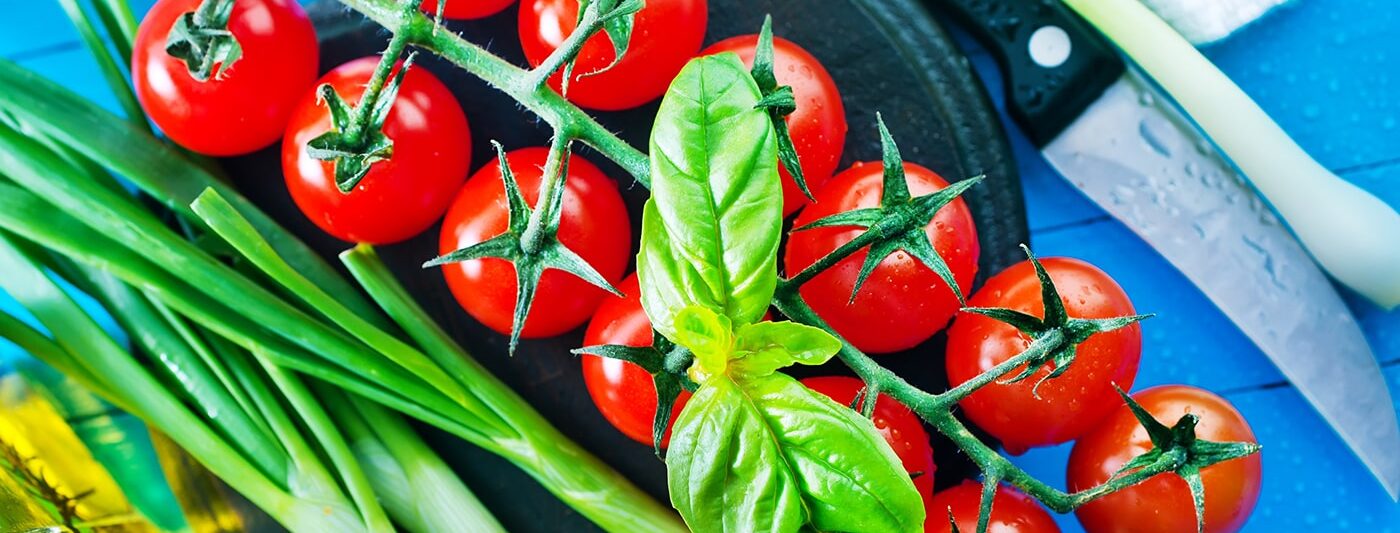Do you have any food fears? Yesterday, a lovely friend of mine told me that she refused to buy her daughter cherries, despite her daughter pleading for them for weeks. The reason? She couldn’t find any option to buy organic.
Not too long ago, I witnessed a pretty major meltdown by a customer in WholeFoods who was dismayed that there were no organic (only conventional) tomato options for her to use for her planned dinner that night. I know individuals who would rather go thirsty and dehydrated than drink water from plastic bottles.
I get it, I really do. Knowledge can be a downright scary thing. I am all too aware of the toxins we get exposed to in our foods—Dr. Fitzgerald and I have just finished writing the Metagenics Institute for Clinical Nutrition’s Detox Module for practitioners where we have researched and written in depth on the topic of environmental toxins including pesticides and other contaminants in foods (as well as what to do about it). And this is certainly not the first time we have delved into this disturbing topic. When I first learned about the pervasiveness of toxins in our environment and the research demonstrating their effects on our bodies, my legs literally shook. For two days.
I am all for reducing our exposure to environmental toxins and regularly coach our patients about how to do this. I choose organic and use my glass and stainless steel containers for drinks and food as much as I can. However, I know that we cannot completely eradicate our toxin exposure, and to balance that I also work on supporting my own detoxification pathways and strengthening my body’s resilience through diet and lifestyle. I also don’t want to live my life in fear of food or exposure, especially since we know what stress and emotions can do to our biochemistry and physiology. So where is that middle ground? And should we really be denying a child who is clamoring for an otherwise healthy food?
I’ll let you in on a food fear of my own. Canola oil. Yes, I know it contains beneficial fats including omega 3 fatty acids, but I just can’t completely get behind something that has been selectively bred only recently by humans and a name that was created as a marketing strategy, standing for Canadian Oil. Over 90% of rapeseed plants of the canola oil-producing variety are genetically engineered and RoundUp ready (although you can get organic canola oil which would not be genetically engineered or have RoundUp applied). Canola oil is also produced under high heat which can damage the fragile omega-3 oils, rendering them pro-oxidative (again, you can get cold-pressed but that is not easy to find).
So when another dear friend came to me, excited, and said—look, I have found a mayonnaise that is perfect for me since it has no egg, soy, or additives…and now I can make coleslaw that my family and husband (an avid mayo fan) will enjoy for the barbecue we have planned this weekend—I had to quell my immediate response to point out that it contained canola oil. In fairness, this was non-GMO, expeller pressed canola oil so maybe I had to let go a little! She was trying to make her dietary restrictions work for her and her family, and she was doing a great job.
The reality is that it is not a good idea to live in fear, although it’s hard when we are bombarded with so much information. But reminding ourselves of that is a continual, ongoing process. We would love to hear whether you can relate to this, and whether you recognize any food fears of your own.
And if you’d like a recipe for a Party Coleslaw, I created one using the mayo my friend found. I used a little less mayo, and stretched it out with some olive oil instead (I couldn’t help myself!), but you still get that ‘mayo’ flavor so no one will know the difference. And if you’d rather, you can always use my cashew mayo instead!


 How to be a Savvy Egg Shopper
How to be a Savvy Egg Shopper